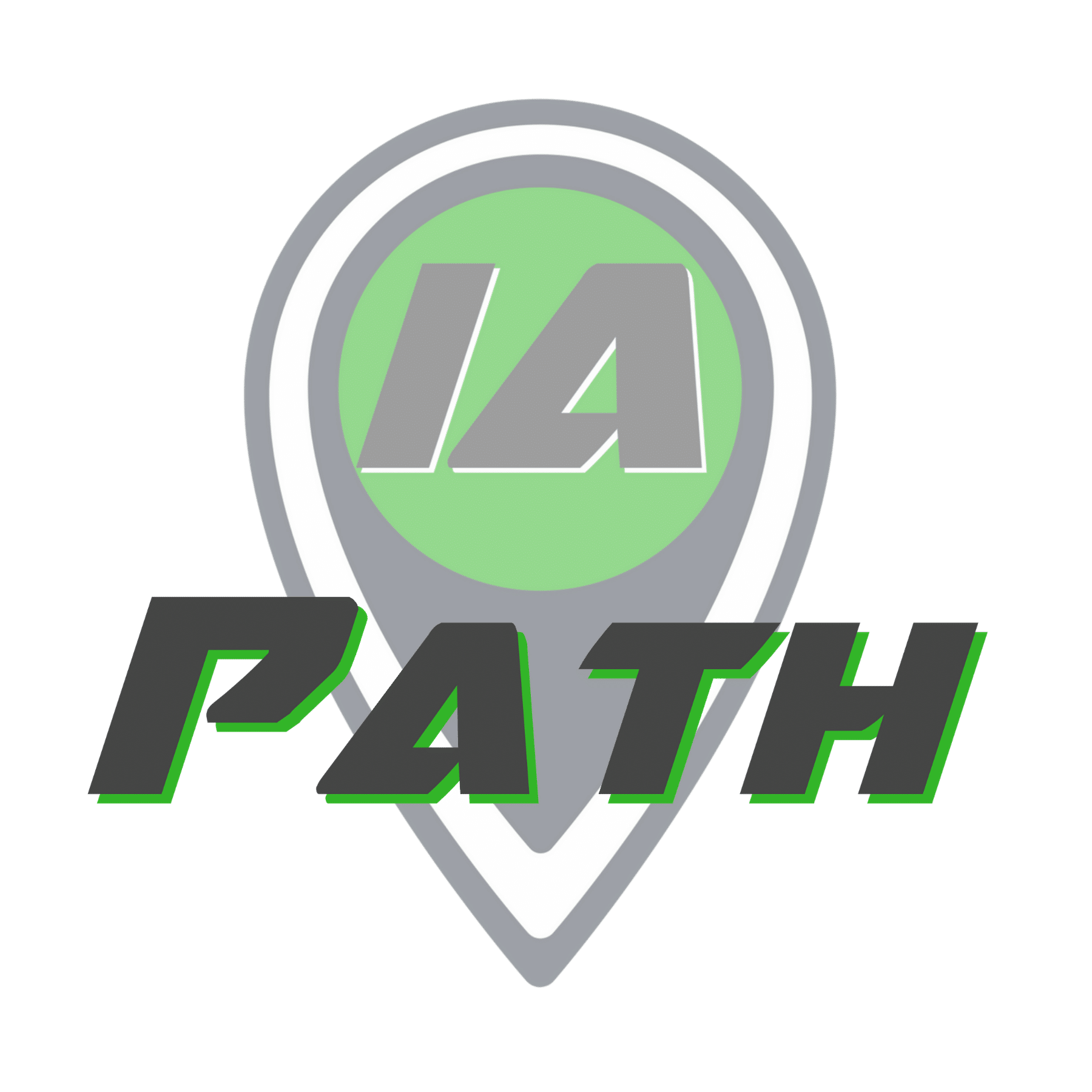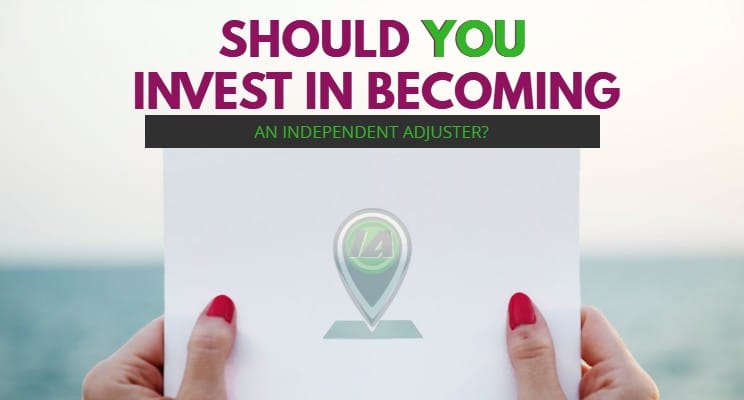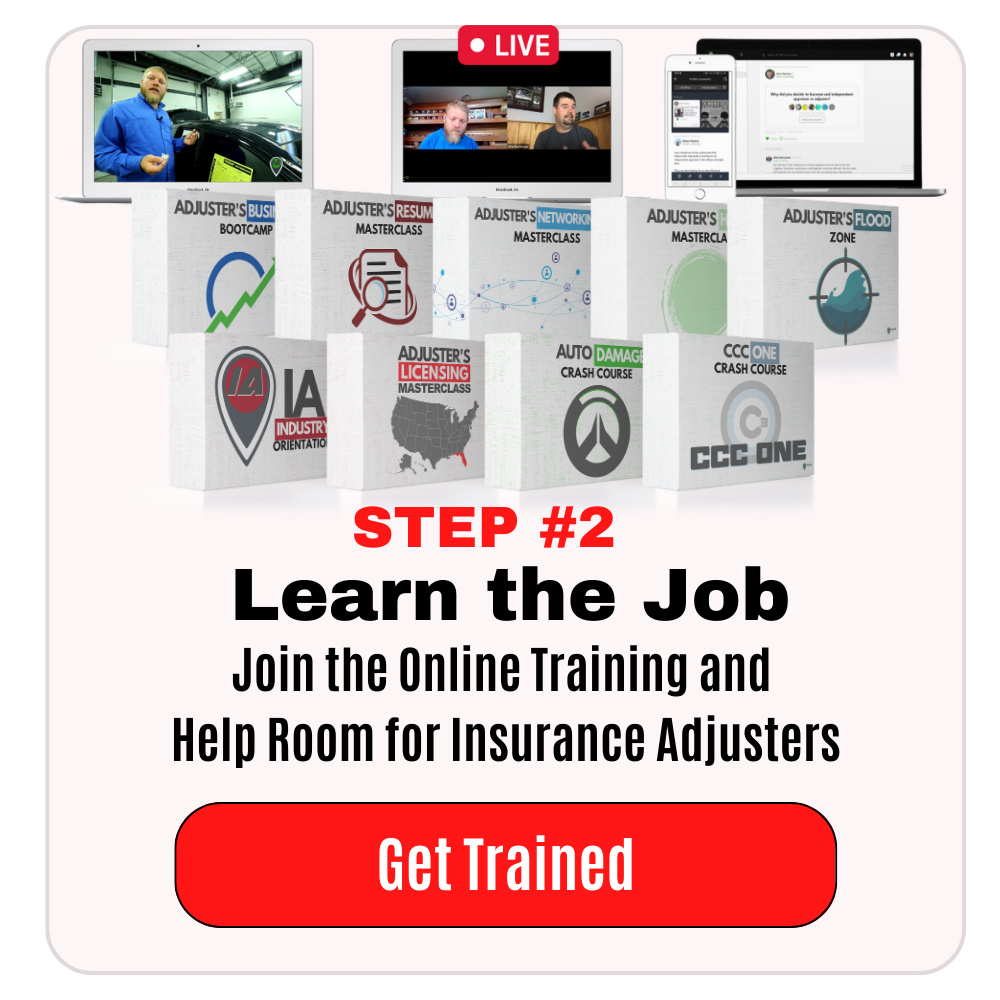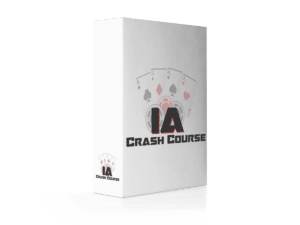
If you’re considering becoming an insurance adjuster or auto damage appraiser, and wondering where to start, you’re in the right place.
After 11 years of experience working as an independent adjuster, and mentoring hundreds of new adjusters, I’ve learned that being prepared provides a huge advantage. It’s an exciting and potentially lucrative career, but it takes hard work and making the right decisions along the way.
I’ve put together a step-by-step roadmap that will show you everything you need to know about how to become an insurance adjuster. In this guide, you’ll learn how to get started, how to get your first claims, and how to build a profitable business as an independent adjuster.
Step 1: Decide if insurance adjusting is right for you
Before you spend time and money to become an insurance adjuster, make sure it’s a career you want to pursue. What does an insurance claims adjuster do? What does an insurance adjuster salary look like? Is it a good fit for your skill set and lifestyle?
Let’s look at some pros and cons of being an independent insurance adjuster to help you decide.
Pros of becoming an independent adjuster
- You can make great money
- You get to travel for work
- You get to help people in need
- You own your own business
Cons of becoming an independent adjuster
- Income isn’t always consistent
- You will have to travel or drive for work
- It is a fast-paced work environment and long hours
- You’re responsible for providing your own insurance adjuster tools
- Weather can dictate how much work you get
When most people ask how to become an insurance adjuster, they are typically asking about becoming a catastrophic insurance adjuster. These adjusters travel to areas of extreme devastation that are overwhelmed with claims.
A catastrophe adjuster’s salary can be more in six months than what many people earn in an entire year. However, being a catastrophic adjuster is NOT the only option for becoming an independent insurance adjuster.
If you want to stay close to home, you can handle daily claims. These are claims that happen during everyday life in cities across the country.
Auto accidents, plumbing backups, roof leaks, and vandalism all are types of claims you can handle in and around your hometown. As a rule of thumb, there are more auto claims in an area than property claims. This makes auto damage claims an easier way to get started.
People who handle daily auto claims in an area are called auto damage appraisers. You can learn more about how to start getting work in auto claims in this guide to becoming an independent auto appraiser.
Many people are drawn to becoming an insurance adjuster because they want to help people. Others are interested because they want to own a business and be in control of their income. These are both great reasons to become an independent adjuster, and those reasons are what will get you out of bed in the morning, excited to handle your claims.
Are there any skills required to be an insurance adjuster?
There is no skill that you must have before becoming an insurance adjuster. When I got started handling auto claims I knew nothing about vehicles and had never changed my own oil — and I had great success.
Below is a list of skills that are not required, but will help propel you to success in your career:
- Computer savvy
- People skills
- Time management
Whether you are interested in auto or property, catastrophic or daily, you need to decide if being an independent insurance adjuster or auto damage appraiser is right for you. Once you decide that you want to pursue independent adjusting, you are ready for the next step.
Step 2: Obtain your insurance adjuster licenses
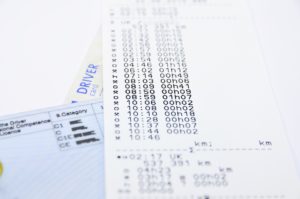
An insurance adjuster license allows you to legally handle and close claims as an insurance adjuster in a particular state. Not every state requires that you have an adjuster license, so it can feel confusing trying to figure out which license to get.
I have an entire article on insurance adjuster license requirements by state if you need help with this step, but I’ll cover the basics here.
Some states have an all-lines adjuster license that covers a wide range of claims. There are also licenses like the NFIP certification for flood damage.
If your home state requires a license, that’s the one you need to get first.
If you live in a state that doesn’t require a license, you can choose any state to pursue as a “designated home state license.”
These states do NOT require an adjusters license:
Colorado, Kansas, Nebraska, South Dakota, North Dakota, Missouri, Iowa, Illinois, Wisconsin, Tennessee, Ohio, Virginia, Maryland, Pennsylvania, New Jersey, Massachusetts.
If you live in one of those states, I recommend you obtain the Florida adjuster license for your designated home state license. It is reciprocal with the most states and easy to obtain online.
If you live in a state that does require an adjusters license you’ll need to start with your home state.
To obtain your first license:
- Complete your state’s pre-licensing or exam prep course
- Pass the licensing test
- Submit background check & fingerprints
- Submit paperwork & payment to the state
Getting additional adjuster licenses
Most adjusters want to be eligible to handle claims in more states. The more states you can handle claims in, the more valuable you are to a independent adjusting firms or insurance companies.
Fortunately, you’ll be able to use your first license to obtain additional licenses without having to take additional tests in many of the other states.
This is called reciprocity. I recommend you obtain as many licenses as you can financially afford, but be strategic. You can read my strategy, tips, and recommendations on what adjuster licenses to get in what order at this article.
Step 3: Get adjuster training

The only way to be ready to work as a professional insurance adjuster is through training. Most companies do not want to bring on an independent adjuster who has never worked a claim and has no training.
Here are the types of training you’ll need to get:
- Software training
Xactimate Training for property claims and CCC One & Audatex Training for auto claims. - Residential or auto construction and part identification
Learning the major items of a home for property claims, and a vehicle for auto claims, is essential to creating a professional estimate. - Job training
You’ll need to learn how to schedule claims, inspect damages, write notes, and compile it all into a professional report. Job training is often overlooked by new adjusters, but it’s important to learn all aspects of the job. - Carrier certifications
Many major insurance companies require that you hold a special certification to handle claims for them. Liberty Mutual, Allstate, American Family, and State Farm all have special classes you need to attend to obtain your certification. The State Farm Certification is one of the most valuable, and is a great place to start.
If you want help getting trained, at IA Path we train you how to handle auto claims or property claims with our mentorship programs.
You can also check out our post on the best free insurance adjuster training materials for more helpful resources.
Step 4: Build your independent adjusting business

Being an independent adjuster means that you are a business owner. You are in charge of making your business successful.
This part is the hardest to find information about on the internet, but I’m going to make sure you are armed with the steps you need to take:
- Set up your business
Getting set up as an LLC, corporation, or some applicable business entity is a requirement with many companies that will hire you. Also, obtain an EIN (employer identification number) so you can open a bank account for your business. - Get on A LOT of independent adjusting firm rosters
Companies that employ independent adjusters are called independent adjusting firms. Those that employ auto damage appraisers are called auto damage appraisal firms. You’ll need to get onto their company roster, a list of qualified and available IA’s, so you can be eligible to receive claims work - Network with people in the insurance adjusting industry
Many people say this industry is about “who you know.” While this is true, it implies that if you don’t already know people in the industry, you don’t have a shot. I like to say this business is about, “who you are getting to know.”
Get to know adjusters, firms, and other influencers in the industry. Your first opportunity to get work will likely come through a connection with an individual, NOT an IA Firm.
Considering becoming an insurance adjuster?
This is a great career. It isn’t easy to get started, but you can do it. Persistence and hard work are rewarded in this industry.
If you’d like more information on how to get started as an insurance adjuster, check out my free video series the IA Crash Course.
It not only walks you through the mechanics of getting started, but also explains how the industry works, how you can get claims, as well as career strategies that I teach the students of my mentorship program.
Your Guide,
Chris Stanley
